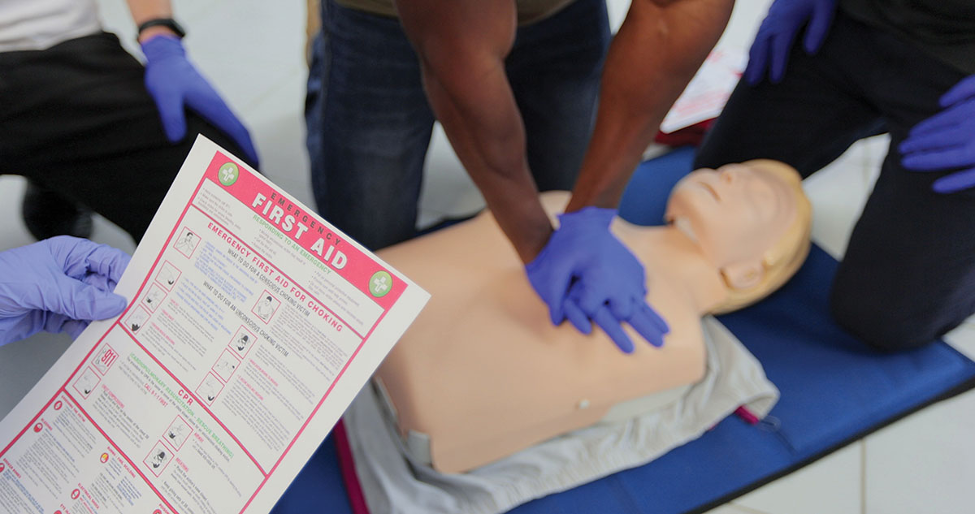Be Ready, Be Safe: A Guide to Emergency Preparedness
In an unpredictable world, being prepared for emergency situations is not just a precaution; it's a necessity. Whether it's a natural disaster, a medical emergency, or any unforeseen event, having the knowledge and resources to handle the situation can make all the difference. In this guide, we'll discuss what it means to be prepared for various emergency scenarios, covering essential aspects like first aid, food and water supply, and survival basics. In future posts we’ll dive into each area in more detail, this guide will help lay out some areas you can start thinking about and where you’d like to start.
Understanding the Importance of Emergency Preparedness
Emergencies can strike at any moment, and being prepared means being equipped with the necessary supplies, knowledge, and skills to deal with them effectively. Preparedness not only ensures your safety but also the safety of your loved ones and community members. It can significantly reduce panic and chaos in crisis situations and increase the likelihood of survival and recovery.
Natural Disasters and Emergency Situations
Natural disasters such as earthquakes, hurricanes, floods, wildfires, and tornadoes can cause widespread destruction and disruption. Understanding the risks specific to your region and having a plan in place is crucial. This includes knowing evacuation routes, creating emergency kits, and staying informed through reliable sources of information like weather alerts and local authorities.
Medical Emergencies and First Aid
Medical emergencies can happen unexpectedly, and knowing how to respond promptly can save lives. Basic first aid training is invaluable in such situations. It includes CPR, treating wounds, managing burns, and recognizing symptoms of common medical emergencies like heart attacks and strokes. Having a well-stocked first aid kit at home and in your vehicle is essential.
Food, Water, and Hydration
Access to food, water, and hydration becomes critical during emergencies, especially if regular supplies are disrupted. It's recommended to have a sufficient stock of non-perishable food items, bottled water, and a means to purify water if necessary. Rotate supplies periodically to ensure freshness and consider dietary needs and preferences of all family members.
Survival Basics
In extreme situations where access to basic amenities is limited, knowing survival basics can be lifesaving. This includes skills like building shelter, starting a fire, signaling for help, navigating without GPS, and administering self-defense techniques if needed. Learning these skills through training courses, books, or online resources can provide you with the confidence and capability to handle challenging situations.
Conclusion
Being prepared for emergency situations is not about living in fear but rather about empowering yourself to face uncertainties with resilience and resourcefulness. By taking proactive steps to educate yourself, gather essential supplies, and develop necessary skills, you can enhance your ability to protect yourself, your loved ones, and your community in times of crisis. Remember, preparedness is a continuous process, so review and update your plans regularly to ensure effectiveness. Stay safe, stay informed, and be ready for whatever may come your way.


